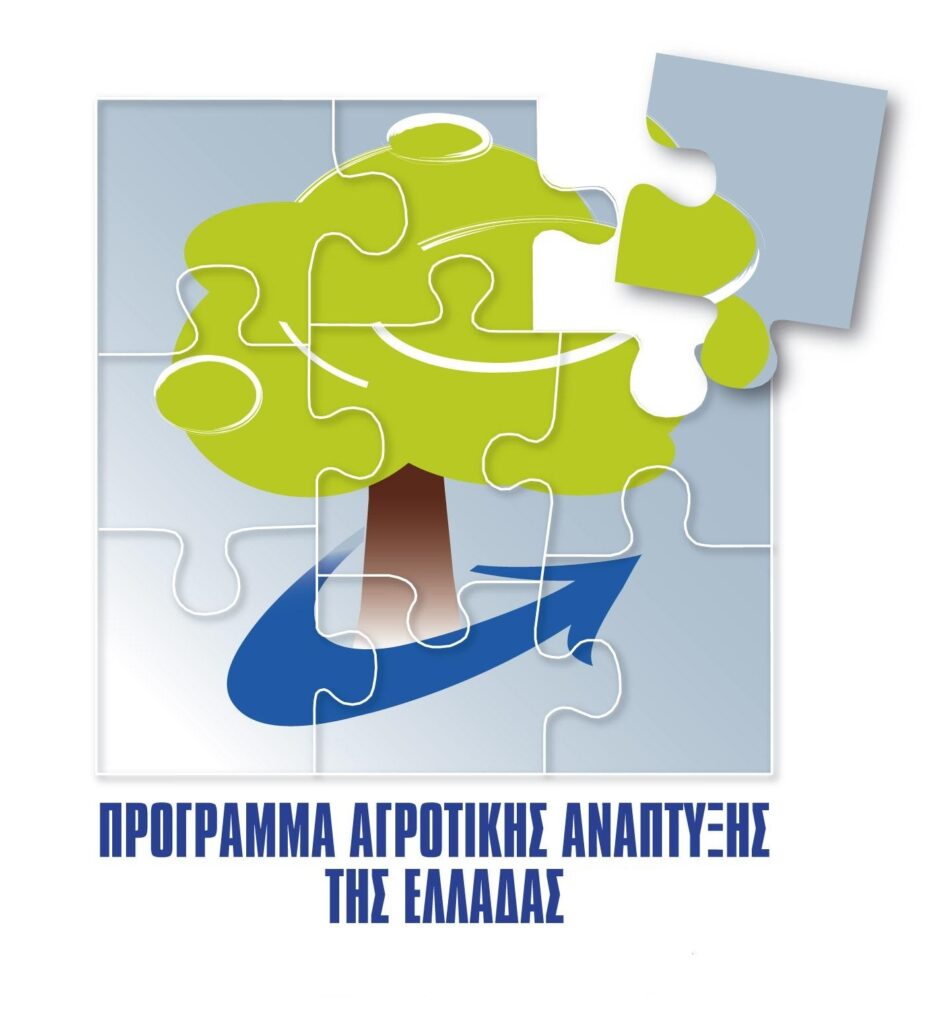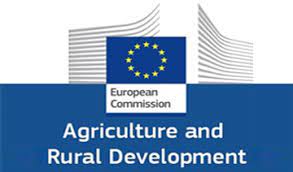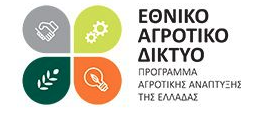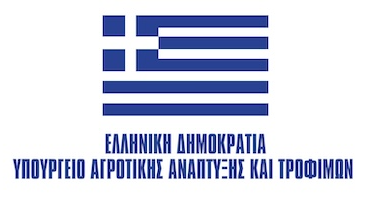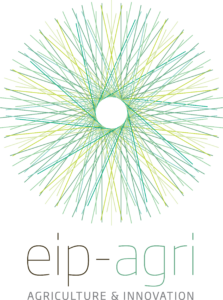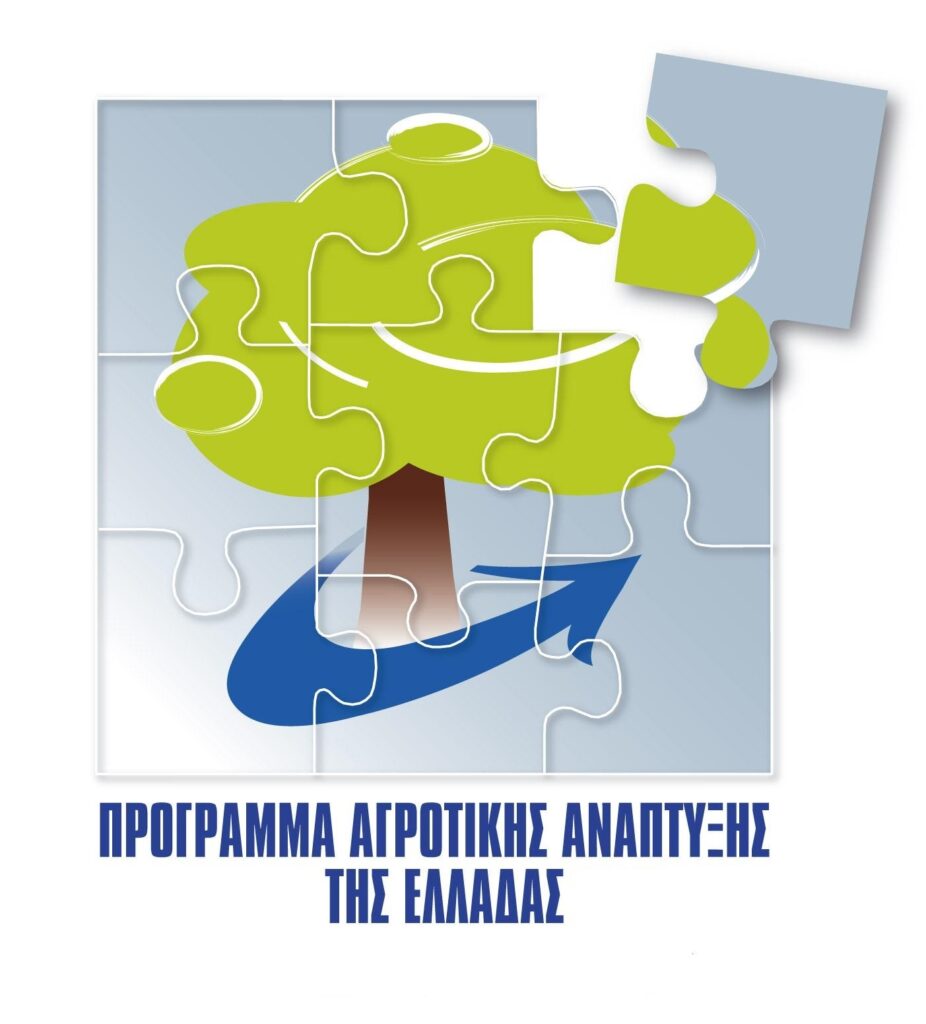Although avocado cultivation started four decades ago in Crete, it has been expanding rapidly in recent years due to the high price of the product that the producers enjoy.
However, due to climate change and the wide distribution of propagating material worldwide, new plant protection problems are expected to arise both from new pests and diseases (e.g. the fungus and insect complex ‘Ambrosias’) and from existing ones.
In Crete to date, avocado producers are not supported by an organised sampling-warning system to intervene in a timely and effective manner in cases of insect or plant pathological outbreaks, resulting in the irrational use of chemicals.
At the same time, the propagating material they use is of minimum Community standards (CAC) in terms of plant health.
The ‘AVOCADO’ project aims at the organized support of avocado cultivation through various practices and tools, in order to record and manage its pests and diseases in an integrated way and to produce controlled propagating material available to stakeholders, with the help of specialized scientists.
In the context of this pilot project that will be implemented in Crete, the following will be done:
1) recording of insect pests and diseases ,
2) their listing on an open access website,
3) controlled propagating material from the provasic plantation that will be created in synergy with another project entitled “Actions for research, support and promotion of avocado cultivation in Crete”,
4) Dissemination of results and continuous information to producers to avoid uncontrolled use of chemicals.
The innovation
The present operational plan attempts with a series of innovative actions to prepare avocado growers on plant protection issues but mainly for the risk of emergence of new pests and diseases due to climate change and movement of plant material from the countries of intensive avocado cultivation, such as Israel and Spain.
“In the present project it was planned to create a net greenhouse of the ‘provocative plantation type’ for avocados in order to move domestic controlled pulp material until the creation of the regular provocative plantation according to international standards.
However, the creation of this type of plantation was considered as ineligible expenditure by the CA of the RDPs.
Thus creation of a provasic avocado plantation in Crete will be implemented under another project which will provide certified, indigenous, healthy propagating material in accordance with international standards, thus minimizing the possibility of introducing new alien species from imported propagating material that will affect the avocado crop.
The creation of the provasic plantation will be implemented by a parallel project currently underway and funded by the Region of Crete entitled “RESEARCH, SUPPORT AND PROMOTION ACTIVITIES FOR THE CULTIVATION OF AVOCADO IN CRETE” (responsible researcher Dr. Tzatzani).
This will reduce the risk of introduction of new pests and pathogens in the country while producers will be trained in rational methods of plant protection.
In addition, for the first time modern methodologies will be applied in the organized monitoring and diagnosis (classical and molecular) of avocado pests and diseases in the region of Crete and the use of modern methods (internet) to inform producers, which is a pioneering approach both nationally and internationally.
The Business Plan – Deliverables
In the proposed three-year pilot project that will be implemented throughout Crete and specifically in this crop, it is planned to supply of now tested seedlings to gradually reduce their introduction into the country and reduce the risk of invasion by new pests and diseases.
At the same time, the first systematic survey of both pests and diseases of avocados will be carried out with the their frequent monitoring through a trap network ή/and frequent sampling in the aboveground areas of Crete.
EU1.
Creation of a ‘provasic’ avocado plantation infrastructure (M1-36)
Creation of an avocado plantation infrastructure (M1-36) that will eventually be implemented in the framework of another project
EU1.1.
Net-garden with ‘controlled’ avocado propagating material
EU1.2.
Avocado pest and disease control protocols
C.E.2 Avocado diseases (M1-36)
EU2.1.
Report on the phytopathological status of aboveground forests in Crete.
EU.2.2.
Website with pest and disease registration data
E.E3. Inventory of insect/animal pests (M1-36)
EU3.1.Report on the status of insect pests of aboveground orchards in Crete.
R.E. 4 Project management, communication and dissemination of results (IELISA) (M1-36)
EU4.1.
Printed material (brochure, press, social media).
EU4.2. Information workshops/participation in information actions with other projects for the application of good plant protection methods, e.g. for olive trees (Networking)
EU4.3.
Information leaflet on avocado pests and diseases
EU4.4.
Presentation in a peer-reviewed journal, national or international conference
EU4.5.
Participation in a national and/or international exhibition
EU4.6.
Promotional film of pilot project

